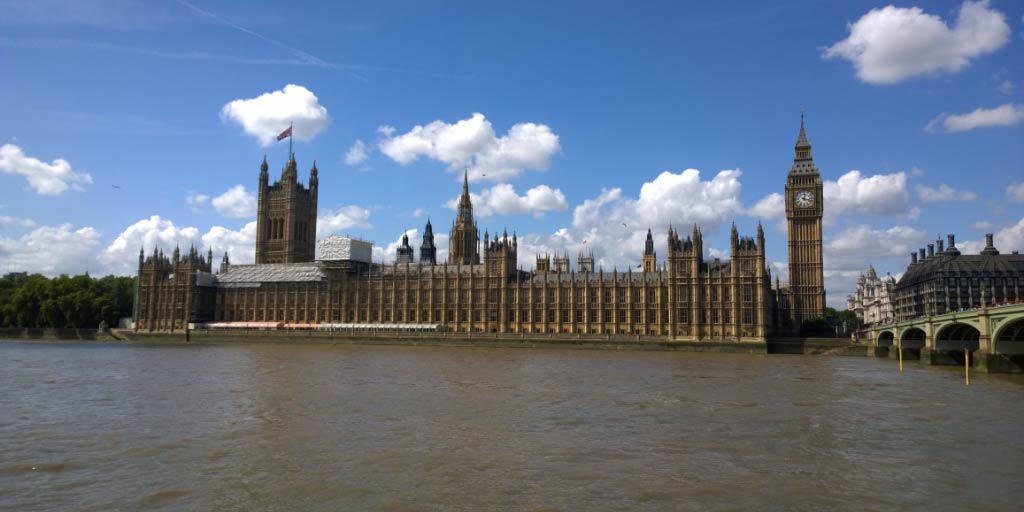
Category: Renters Rights Bill Renters Rights Bill
Renters Rights BillThe next batch of Renters’ Rights Bill debates have been scheduled to start from 8th September, confirming the widespread speculation that the bill will not be coming into law until Autumn 2025 at the earliest.
MPs are set to break up for summer recess on July 23rd. Those in favour of the bill’s speedy implementation had hoped that the House of Lords would conclude their debates and bring the legislation back to the Commons before the recess.
However, delays in debate scheduling rendered this increasingly unlikely as the weeks went by. Many in the housing sector correctly anticipated that there was no way that the legislation could be fully debated, reviewed and ascended into law within such a short timeframe.
However, the news of an autumn delay is certainly positive news for private landlords sceptical of Labour’s reform policies, because it will give them an extended deadline to prepare for the upcoming changes.
For many landlords, this may include taking advantage of the eviction powers they still have, which will be taken out of their hands by the end of the year.
Current timeline
On 8th September, MPs in the House of Commons will get their hands on the amendments proposed by the House of Lords peers.
Quick to follow this closing review stage will be Royal Assent, which will enshrine the completed Renters’ Rights Bill into English law.
It may take some more time for some policies to be fully implemented after Royal Assent. The ‘landlord database’ and ombudsman service designed to handle tenancy disputes will likely take much more planning and infrastructure before they are readily accessible to the public.
Lords’ recommendations
House of Lords peers have concluded that secondary legislation will be required to make the Renters’ Rights Bill work. They also insist that the government must publish clear guidance to help landlords navigate these changes.
For the Renters’ Rights Bill, the road through the House of Lords has been especially rocky, and rife with controversy over peers’ partiality in the private rental sector (PRS).
Due to their status as landlords themselves, numerous high-profile landlords were accused of having vested interests in blocking the Renters’ Rights Bill by extending debates.
Baroness Scott of Bybrook spearheaded a coordinated effort to thwart the bill’s Royal Assent until autumn, on behalf of private landlords who needed more time to prepare. While these tactics were widely criticised, the effort seems to have paid off.
On the other side of the debate, Labour peers proposed some amendments that were, in many ways, significantly harsher towards landlords, namely one that would force landlords to pay for damage caused by pets. However, a compromise was found that would allow landlords to take a pet deposit worth three weeks’ rent.
Once the bill returns to the Commons, Labour will likely push to conclude this last round of debates as quickly as possible. Earlier in the proceedings, a Labour whip has already piled pressure on the government’s representatives to hurry things along.
